|
|
Cue the Billy Joel music… I’m movin’ out. The limits of urban confinement are undeniable. The Suez Canal crisis is the latest excuse to leave big cities and invest in flyover country.
I’ve spent the past year exposing unsustainable lifestyles in major US cities. Urban efficiency in energy and transportation is now overshadowed by the literal garbage required to live in unnatural environments. Fewer people are commuting to cities. Can’t make that argument anymore.
Plus, sustainable energy, agriculture, and transportation are more affordable than ever.
Dig deeper → 2 min
Niche markets like solar panels, vertical farming, and electric vehicles will soon become available to everyday consumers. Going forward, the ‘sustainable lifestyle’ debate will not be country bumpkin vs. city dweller, but rather ‘maker’ vs. ‘taker’.
Suez canal, toilet paper, and coffee
Popular products like toilet paper and coffee are at risk of shortages due to the Suez Canal back-up. If you follow our Sustainability News page, you already knew that.
Billions of dollars in cargo filled with wood pulp, coffee beans, and critical resources can’t make it to the States. How’d it happen? One ship thousands of miles away made a mistake (I don’t think it was the wind). So now you are sleepy at the office.
What does toilet paper have to do with renewing my West Village apartment?? I’m not leaving the city!
Well, yet again, society has made the case that self-sufficiency and country living is the way to go. Ask a Manhattanite how much the last year has impacted their life. Now go ask that same question in Montana. You are going to hear two very different responses.
If you spent 2020 learning 40+ DIY skills or becoming a minimalist with Sustainable Review, maybe you feel pretty good about your toilet paper needs or caffeine hits.
You should know by now: there are common plants you can grow in your backyard and use as toilet paper. You don’t need Wal-Mart!
If you’ve been tracking your purchases and reframing your mindset from a ‘taker’ to a ‘maker’, going those few extra days without coffee would be hard to notice.
Country bumpkin versus city dweller
Ten years ago, a piece about carbon footprints in the city versus the country ran across US news desks. Mainstream reporters were happy to announce that urban lifestyles reigned supreme in the battle for worst-of-the-worst (neither footprint was particularly laudable).
Evidently, close proximity to available resources, smaller living spaces, and easy access to public transportation greatly reduced energy outputs. Fast forward to today, and 1) transportation will become less relevant 2) global supply chains are becoming more unreliable 3) mobile living spaces like tiny homes are becoming more stylish and affordable.
In 2015, New York City produced twice as much garbage as any city on Earth. If one day garbage men went on strike (again), do you know how to set up a compost bin? Do you have any manageable alternatives?
Even if New Yorkers still win the carbon contest over country lifestyles (which is only true when evaluated on a macro scale), the line is starting to blur.
If you buy a plot of land in Kansas with sustainability in mind, you are going to be more sustainable. Plus, hundreds of thousands, if not millions, left big cities in 2020. New trendy areas will emerge with new opportunities for innovation and fresh ideas.
We have little control (if any) over global events
When the Suez Canal crisis began (the media isn’t calling it a crisis yet but I’d give it a few days), I viewed it as another example of how big cities fail us. Global catastrophes are 1) out of my control 2) may impact my daily life.
What demographic of Americans always fall under “this global event may impact me”? City dwellers.
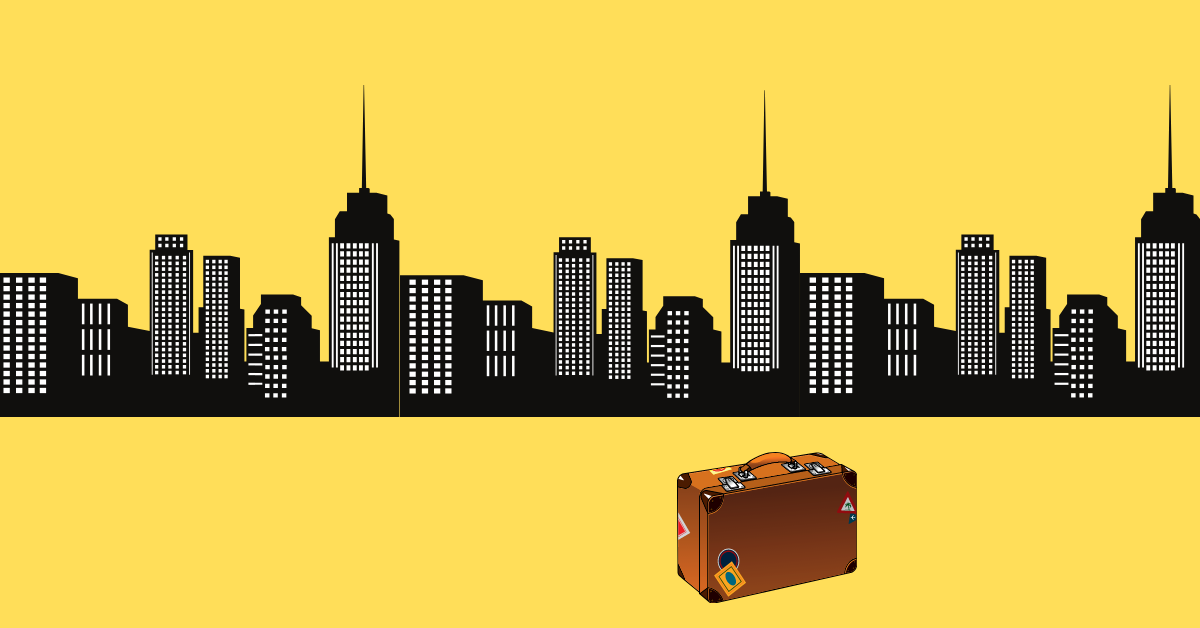

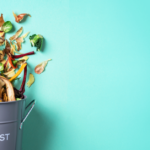
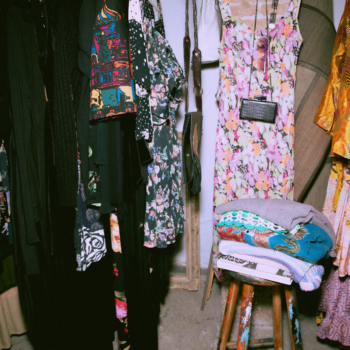

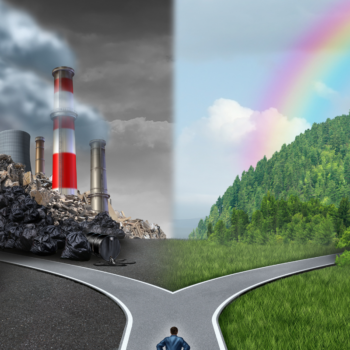
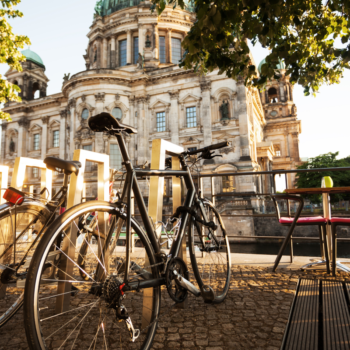






No Comments